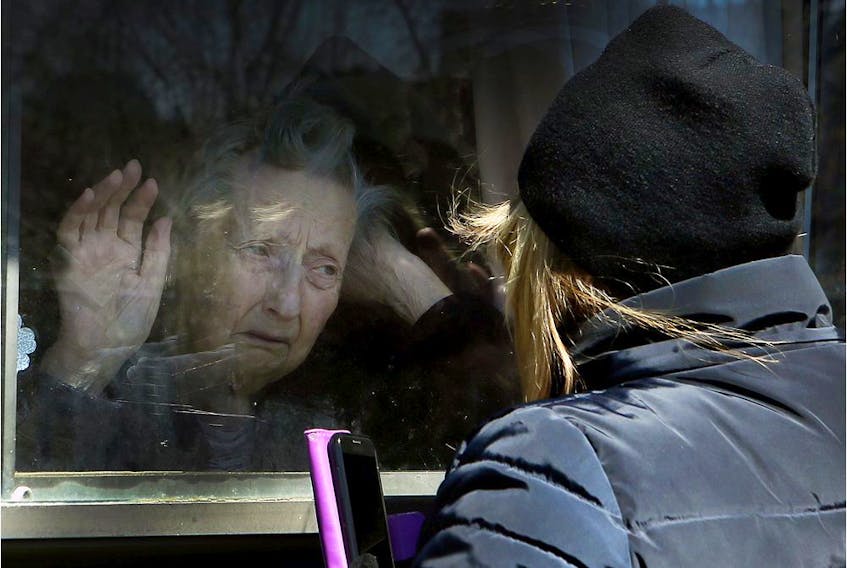It’s easy to say it’s an Ontario problem.
That it’s a Quebec problem.
That it’s someone else’s problem.
It isn’t.
The Ontario government is currently looking into serious concerns raised by Canadian military personnel brought in to help in that province’s long-term care homes — residents left in filthy diapers, drugged into compliance, force-fed to the point that one resident may have died from the practice. The military was also brought into Quebec long-term care facilities and have reported on unacceptable issues in those homes.
But even as the government focuses on the report, it’s worth keeping in mind recent media reports that resident quality inspections at Ontario long-term care facilities had dropped dramatically following the election of Doug Ford and his government — during three of the last five years, almost every one of the 626 homes was inspected every year. That dropped to just over 50 per cent of homes in 2018. In 2019, only nine got thorough inspections.
There’s no indication that the particular problems the Army found in Ontario and Quebec are present in the Atlantic region, but COVID-19 deaths at long-term care homes have certainly focused attention on the facilities.
The drop came after the provincial government made the policy decision in the fall of 2018 to focus inspections on complaints and specific incidents, rather than on the overall condition of homes. (In addition, the government moved from surprise inspections to notifying long-term home operators in advance.)
In its own defence, the government argued that the vast majority of homes in the province were considered low risk.
Not low risk enough, apparently.
So why isn’t that just Ontario’s problem? Because, while long-term care is under provincial jurisdiction, Canada has a national history of problems occurring in long-term care. There’s no indication that the particular problems the Army found in Ontario and Quebec are present in the Atlantic region, but COVID-19 deaths at long-term care homes have certainly focused attention on the facilities. And if COVID-19 had not brought the military into the Ontario and Quebec facilities, the abuses there might still be going on.
That attention has certainly made the families of those in long-term care concerned not only about COVID-19 transmission, but about whether or not all homes meet all the necessary standards for proper care. Many families in Ontario and Quebec may have believed their family members were getting exactly that.
Without regular government oversight, it’s hard to provide the kind of confidence that families should have.
There are areas of business, both public and private, that require close government regulation, and not just because bureaucrats like making business people jump through regulatory hoops. That’s why governments elected on platforms about “cutting red tape” not only have to be careful about what regulations they get rid of, but also have to be held to account when the changes they make have serious impacts.
We owe at least that to the more vulnerable members of our society.









